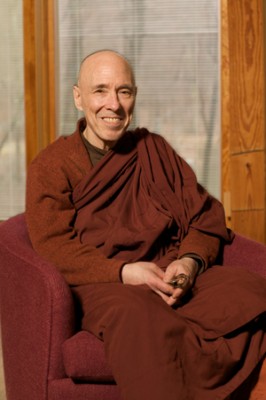Fact or Fiction? The ADHD Info Dilemma
TikTok is one of the fastest-growing and most popular social media platforms in the world – especially among college-age individuals. In the United States alone, there are over 136 million TikTok users aged 18 and older, with approximately 45 million…



